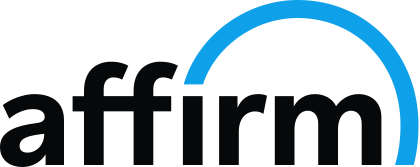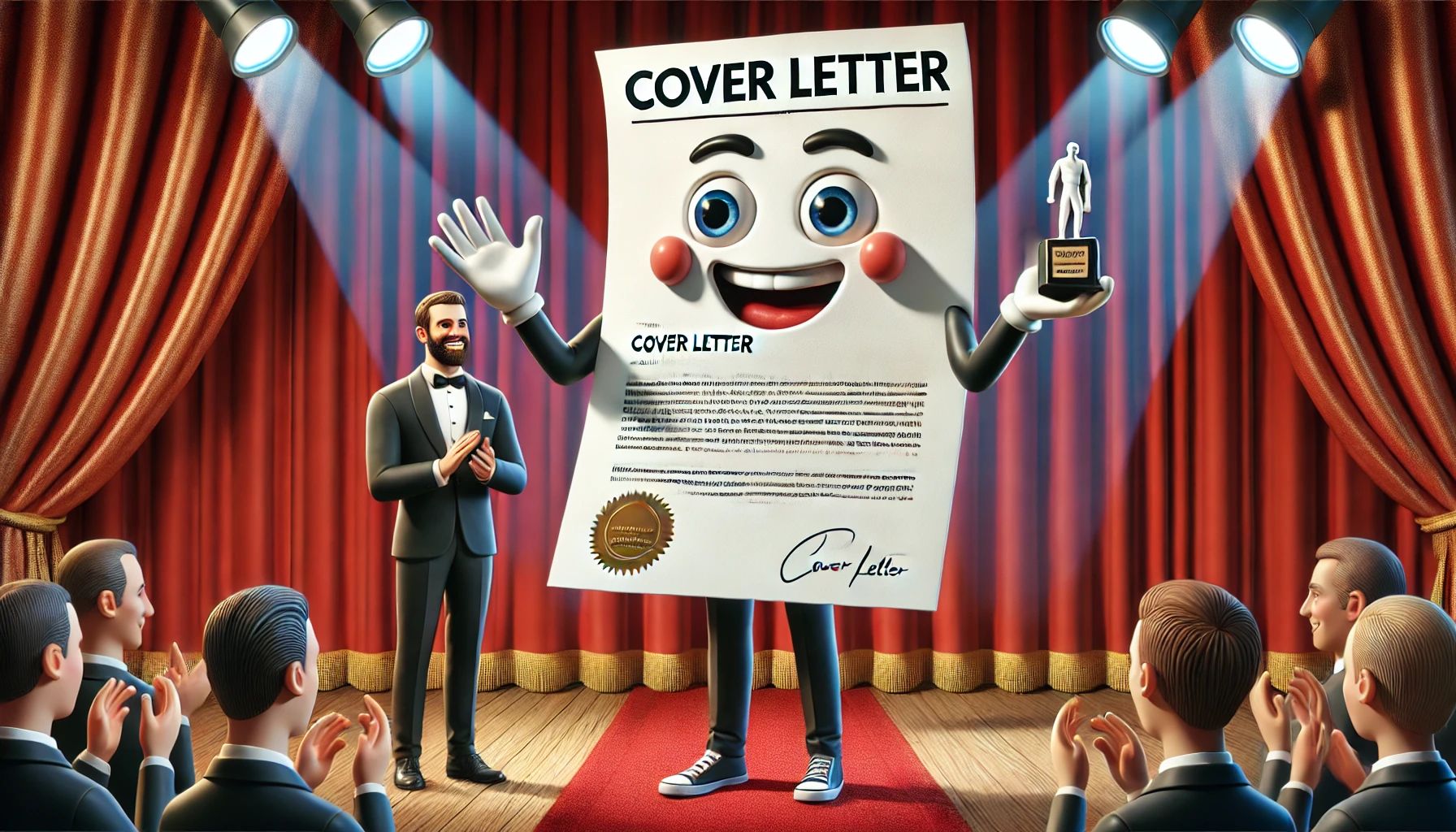The horse and buggy.
Archers as a military weapon.
Typewriters.
Kerosene lamps.
Pony Express.
Vinyl records.
35 years with the same employer.
What do each of these have in common? They were all considered the primary way doing something, and at some point immediately became a relic and a thing of the past. If there is one thing that remains constant, it is change. To assume something will never morph or evolve makes no sense if one simply looks back on history. Just because one cannot conceive of what that change will be doesn’t mean one is not eventually coming. For example, if you were not involved in tech, did you REALLY see the ability to make free Skype phone calls and pay your bills over something called the Internet back in 1985?
As resume writers, we also have to look at our industry and anticipate where the changes will come that will affect our core value to our clients. When most people think of a “traditional” resume writing service, they think of either an 8.5 x 11 piece of paper that is mailed in to an employer, or an electronic version of the same document uploaded to job boards, company websites, or emailed to a recipient. But is this where the evolution stops?
We are already seeing LinkedIn become a major player in the job search game. LinkedIn not only provides job seekers with job postings and a medium for posting information similar to one’s resume, it offers excellent networking opportunities (STILL the #1 way to find a job). But even with LinkedIn, one still needs their content to be well-organized, concise, written in the appropriate voice, and proofed for grammatical correctness and phrasing consistency. Considering these development needs, us resume writers still provide immense value to our client base. But can we conceive a scenario where our unique skill set would be obsolete? It is worth consideration.
In one scenario, I imagined a nationwide and centralized database used by the majority of employers consisting of job seekers’ “vitals” regarding their employment history, education, training, affiliations and other qualifications. But in such a scenario, a change in career would be difficult. With a system used for employment purposes that is strictly data driven by past hard facts, it would be difficult to change your career path, as such a database would not likely be able to account for lesser-used skills and experiences that would translate to the new target. Because of this, even a tool like this would require a vehicle for creative input to ensure that the applicant can show the reader where they match up with the position requirements for the new career goal. Without it, one would be stuck in a particular career path with no way out.
I think my job is still safe. At least for now. No telling what the future holds.














